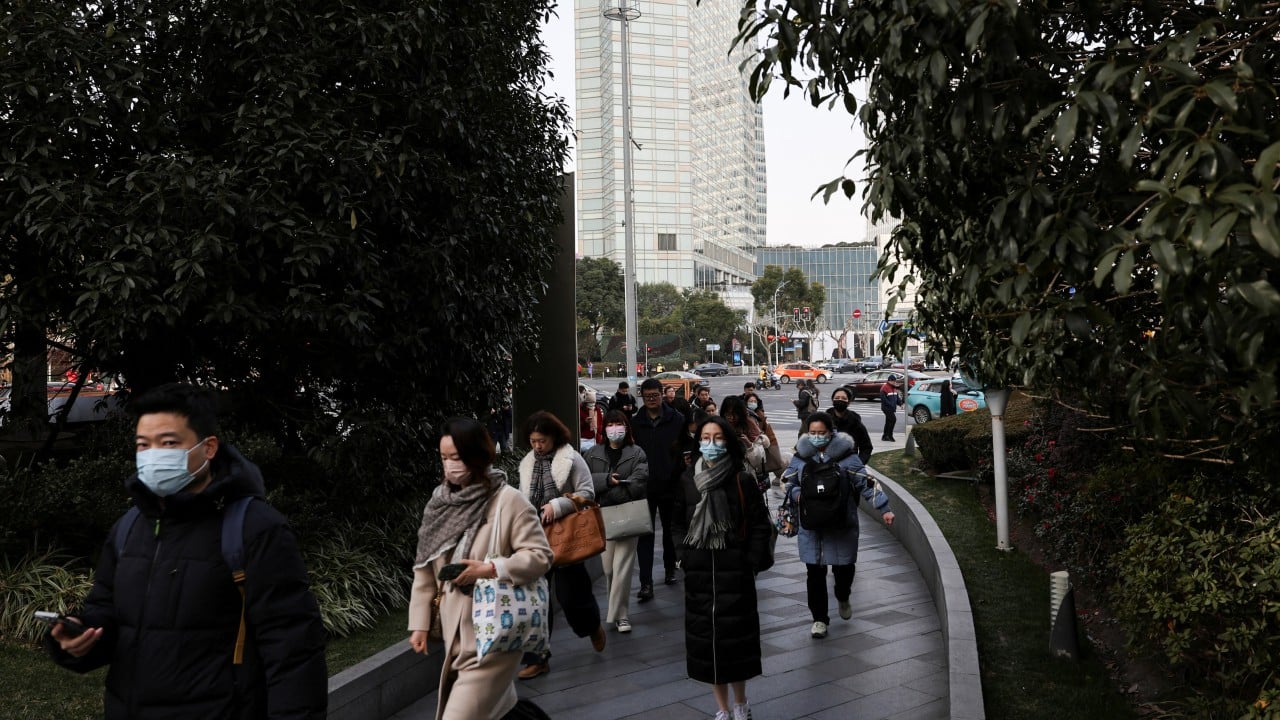Multinational companies (MNCs) are losing ground in China as their “halo effect” fades amid rising competition and a consumer spending slump, while analysts warn that a trade war with the US could make it even harder for foreign brands to turn things around.
Advertisement
American cosmetics giant Estée Lauder posted an 11 per cent net sales decline in Asia-Pacific for 2024 in its latest financial report published on February 4. The owner of Bobbi Brown and La Mer attributed the setback to “subdued consumer sentiment” across China and South Korea, as well as challenges in its Asia travel retail business.
Shortly after reporting its results the company said it would slash 5,800 to 7,000 jobs worldwide with the goal of “managing external volatility, such as potential tariff increases globally”.
“Tit-for-tat tariffs are obviously increasing the uncertainty and the risk of multinationals getting caught in the crossfire of tensions,” said Alfredo Montufar-Helu, head of the China Center at The Conference Board, an international think tank.
“Multinationals are not only dealing with this new competitive reality of slower demand, lower profits and entrenched local competition [in China], but they’re also dealing with a more uncertain environment because of the impact of geopolitical developments, which makes planning very difficult.”
Advertisement
China’s retaliatory tariffs of 10 to 15 per cent on select US imports, including crude oil and liquefied natural gas, took effect on February 10, just days after the US imposed an additional 10 per cent blanket tariff on all Chinese imports.
“Although China has not currently imposed tariffs on American cosmetic imports, it cannot be ruled out that if the trade war escalates, China may impose tariffs on more American consumer products,” said Richard Lin, chief consumer analyst at SPDB International, an investment bank.

